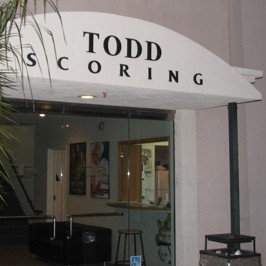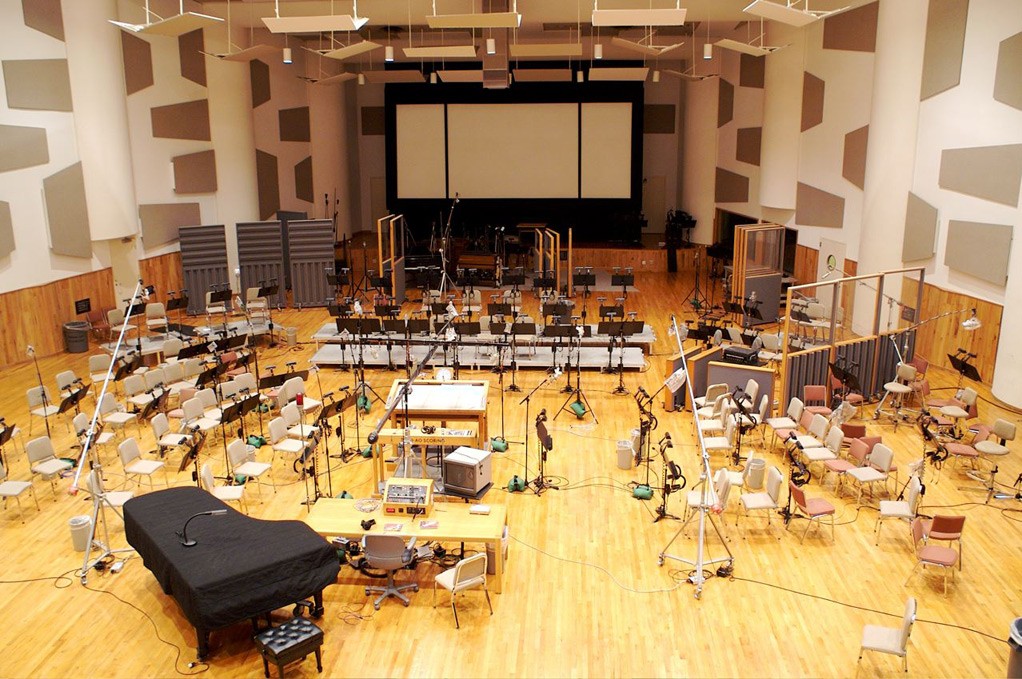
|
Todd-AO (post production company) was established in 1953 for developing a big format presentation system associated to a wide and curved screen with multi-channel sound. It also provides services which are related to sound for motion pictures, and also television market purpose… and in later years, the company focused mainly on providing sound services.
It povided full services in post-production sound for films and also television markets. The name ‘Todd-AO’ came from the widescreen film of their own company format that was originally founded to create and distribute. As this company changed into a post production sound company, mainly, it felt like home to a number of industry giants such as Robert “Buzz” Knudson in the 1970s and 1980s, who worked at Todd-AO and had done award-winning work on projects which included ‘Empire of the Sun’, ‘Who Framed Roger Rabbit’, ‘E.T. The Extra-Terrestrial’, ‘1941’, ‘Close Encounters of the Third Kind’ and ‘The Exorcist’. The Todd-AO Scoring Stage closed in 2007.
Source : Variety.com
image credit: © www.dankury.com |

[srp widget_title=”Il a travaillé avec James Horner sur :” post_type=”page” widget_title_hide=”yes” post_limit=”100″ post_content_length=”25″ post_content_length_mode=”words” post_title_length=”50″ post_current_hide=”yes” post_noimage_skip=”yes” post_content_mode=”thumbonly” post_date=”no” category_exclude=”423,425,1463″ tags_include=”Todd-AO-en” layout_mode=”multi_column” layout_num_cols=”1″]

[srp widget_title=”Nous en parlons ici : ” display_thumbnail=”yes” widget_title_hide=”yes” post_limit=”100″ post_content_length=”100″ post_content_length_mode=”words” post_title_length=”50″ post_noimage_skip=”yes” post_current_hide=”yes” post_date=”no” post_tags_prefix=”” category_include=”423,425,1463″ tags_include=”Todd-AO-en” noposts_text=”NO POSTS AVAILABLE” string_break=”” string_break_link=”no” layout_num_cols=”1″]
|
|

